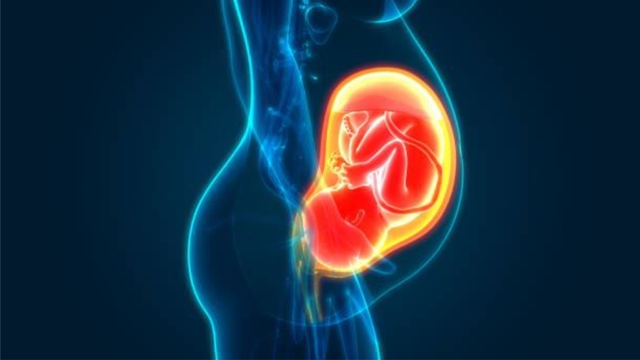THE JOURNEY OF PREGNANCY: MANAGING EACH STAGE
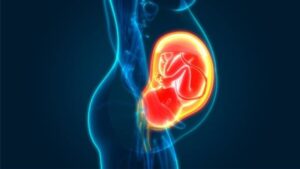
Pregnancy is a beautiful journey that is unique to each woman. This means that every woman experiences pregnancy differently from the other. The journey through pregnancy is categorized into 3 phases, known as trimesters. Throughout the 3 trimesters of pregnancy, the woman’s body undergoes several changes that are important for the growth and development of the fetus.
First Trimester (Weeks 1-12): During the first trimester, the body undergoes significant hormonal changes to accommodate the growing fetus. These changes can result in various physical and emotional symptoms such as morning sickness, fatigue, mood swings, and breast tenderness.
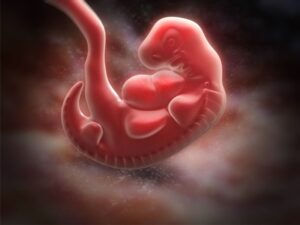
Management
Morning sickness, which is usually characterized by nausea and vomiting, can be managed by eating small, frequent meals, avoiding spicy and fatty foods, and staying hydrated. Ginger, peppermint, and lemon are also natural remedies that can help relieve nausea.
Fatigue is a common symptom during the first trimester, and it is important to get enough rest and sleep. Taking naps during the day and avoiding caffeine can also help manage fatigue.
Emotional changes such as mood swings and anxiety can be challenging to manage. It is essential to seek support from loved ones, practice relaxation techniques such as exercise and meditation, and communicate openly with your partner or loved ones.

Second Trimester (Weeks 13-28)
The second trimester is characterized by the baby’s growth and development, and the mother may experience new symptoms such as back pain, leg cramps, and heartburn.
Management
Back pain and leg cramps can be relieved by practicing good posture, wearing comfortable shoes, and engaging in gentle exercises such as swimming and prenatal yoga.
Heartburn, which is caused by the relaxation of the lower esophageal sphincter (bands of muscles at the bottom of the esophagus), can be managed by eating small, frequent meals, taking lots of water, avoiding spicy and fatty foods, and sitting up straight after meals.
The second trimester is also a good time to start prenatal care and prepare for childbirth. Attending childbirth classes, discussing birth preferences with a healthcare provider, and creating a birth plan can help alleviate fear and anxiety, and prepare for the arrival of the baby.
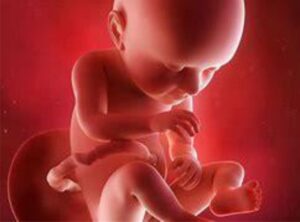
Third Trimester (Weeks 29-40+)
Here, the baby’s growth and development is continuous, and the mother may experience new symptoms such as shortness of breath, swollen feet and ankles, and Braxton Hicks contractions.
The growing uterus pressing against the diaphragm causes shortness of breath. It can be managed by practicing good posture, taking breaks when needed, and sleeping with pillows to elevate the upper body.
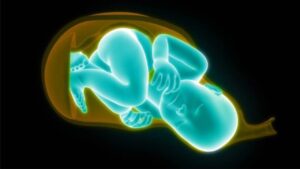
The body’s increased fluid retention causes swollen feet and ankles. It can be managed by resting with the feet elevated, wearing comfortable shoes, and avoiding standing or sitting for extended periods.
Braxton Hicks contractions are practice contractions that help prepare the body for labor. They can be managed by changing positions, practicing relaxation techniques, and staying hydrated.
In summary, pregnancy is a unique and beautiful journey that can bring about several changes in each trimester. With proper self-care and prenatal care, these changes can be managed effectively, ensuring a healthy pregnancy for both the mother and the baby.
To learn more, please click here: http://www.prompthomehealth.org


